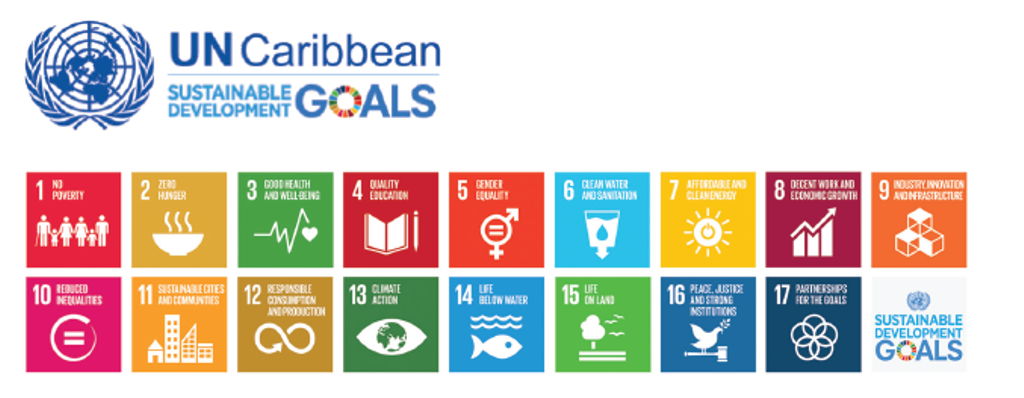Implementation of SDGs in the Caribbean Region: The importance of stakeholder involvement
OECS Media Release
A recent workshop on the performance of the Sustainable Development Goals (SDGs) in the Caribbean analysed the reasons why implementation in the region has been slow. Initial discussions deduced that national governments in the OECS region are not able to realise ambitious goals such as poverty alleviation, economic growth and environmental objectives on their own. The working group therefore discussed the importance of the involvement of key stakeholders in the implementation process.
Programme Officer in the Environmental Sustainability Cluster of the OECS Commission, Mrs. Norma Cherry-Fevrier, said that a collective effort is necessary and will require the involvement of a broad group of stakeholders including the private sector, the general public and civil society organisations (CSOs).
“CSOs usually represent the voice of the poorest and most marginalised groups in society. Their involvement is therefore key and in line with the core principles underpinning the 2030 Development Agenda — universality, leaving no one behind, interconnectedness and indivisibility, inclusiveness and multi-stakeholder partnerships,” Mrs. Cherry-Fevrier said.
The workshop also made clear the need to have institutional arrangements for SDG implementation defined at the national level to ensure national ownership of the 2030 Agenda and to promote a coordinated approach to the implementation of the SDGs in our Region.
In a brief interview at the event, Mrs. Cherry-Fevrier said that the context within which we view the SDGs is of utmost importance to successful implementation.
“The Sustainable Development Goals are highly integrated and indivisible. We should always keep in mind that the 2030 Agenda is a framework to help guide policy setting and prioritizations.”
“We have our national circumstances, our regional circumstances and our context. We need to keep these in mind to ensure that they help us achieve the SDGs,” she said.
The workshop, hosted by the United Nations Economic Commission for Latin America and the Caribbean (ECLAC) Sub-Regional Headquarters for the Caribbean, took place in Trinidad and Tobago at the Hyatt Regency Hotel on May 18, 2017.
The 2030 Agenda for Sustainable Development is a plan of action for “People, Planet, Prosperity, Peace and Partnership” that has at its cornerstone, the Sustainable Development Goals (SDGs) which are modelled to shape global sustainable development efforts until the year 2030.








